Forum
IUCN Asia Regional Conservation – Greening Asia for Nature and People
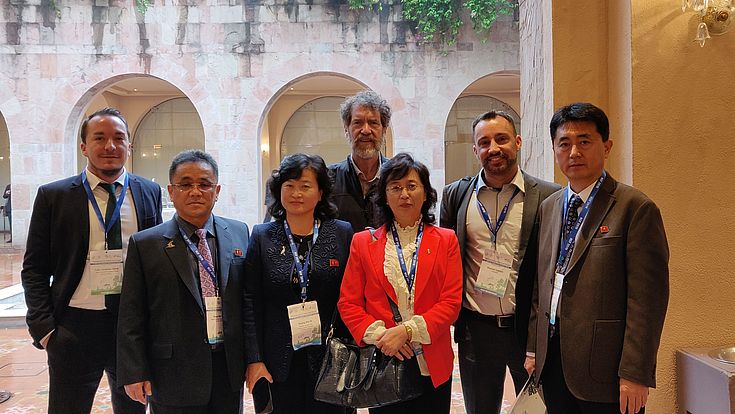
The event took place in Islamabad, Pakistan. Representatives of one of the oldest members of IUCN in Asia, the National Conservation Union of Korea (NCUK), and of one of the youngest members, the Ministry of Land and Environment Protection (MoLEP) of North Korea, attended the meeting. HSF Korea was also present to contribute the experiences in the field of nature conservation on the Korean Peninsula and to support a side-event on the Conservation of Wetlands along the Yellow Sea.
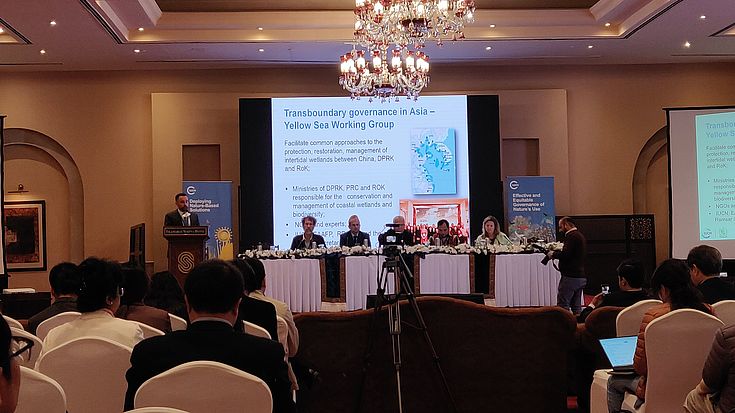
The forum was opened by the Prime Minister of Pakistan, H.E. Imran Khan. In his opening speech he addressed the challenges for the environment, not just for Pakistan, but also globally and in particular in Asia. Pakistan has launched the Billion Tree Tsunami in 2014 as a response to the challenge of global warming and aims to restore 350 000 hectares of forests and degraded land to surpass its Bonn challenge commitment. The event was conducted also as a preparatory event for the IUCN World Conservation Congress in June 2020 in Marseilles and consisted of various panel sessions and side-events.
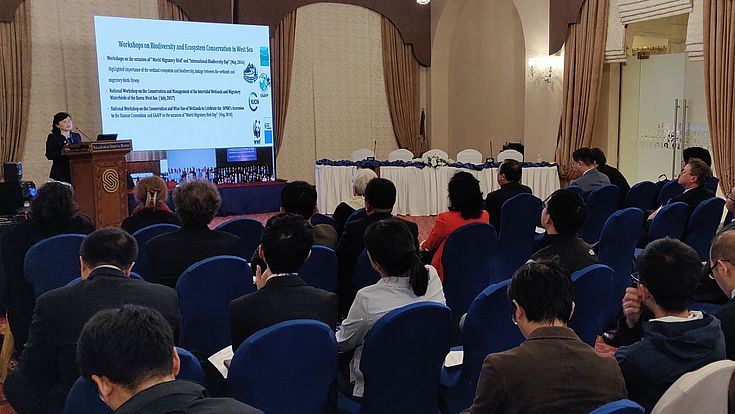
The side-event on “The Yellow Sea – A Global Heritage: Updates and Progress with the Implementation of WCC Resolution 26” brought together representatives of South Korea, North Korea and China. HSF Korea is active mostly in North Korea to promote the engagement of the country in international environment conservation efforts, including the Yellow Sea. After the welcome remarks and an introduction by Raphael Glemet of IUCN, summarizing some recent developments including a Working Group on the Conservation of Intertidal Wetlands in the Yellow Sea, the representative of the government of South Korea gave a presentation of the progress in the country.
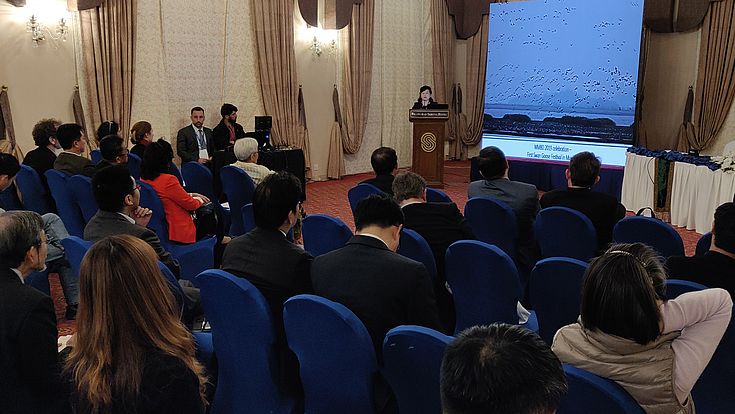
He referred to different initiatives, including the recent submission of plans to designate the wetlands on the west coast as World Natural Heritage Sites within the UNESCO framework. Afterwards the representative of China continued with developments on conservation efforts in the country. Here, the government is already one step further, having wetlands along the Yellow in the country already designated as World Natural Heritage Sites. The halt of all reclamation projects along coastal areas of the country as well as the restructuring of the government administration related to conservation issue are other indicators for increasing efforts on nature conservation.
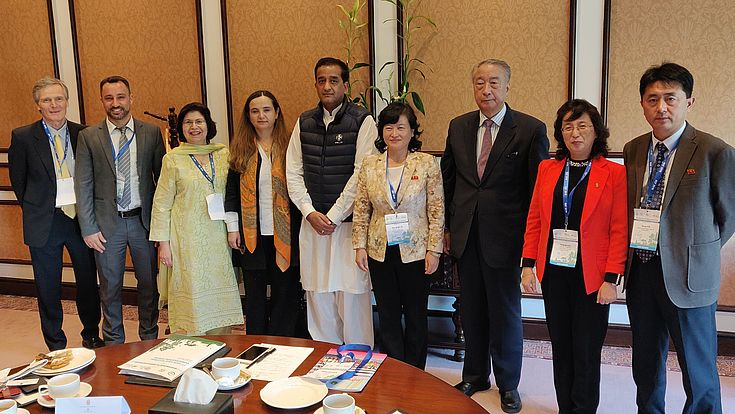
Lastly, the representative of North Korea gave a presentation, referring to the recent accession to the Ramsar Convention on Wetlands as well as to the East Asian – Australasian Flyway Partnership. After publishing a Wetland Inventory in 2018 that also lists several coastal wetlands and the aforementioned inclusion in international environment framework, the country is now consolidating and trying to bring in practice its commitments. The Mundok Migratory Bird Reserve, the first Ramsar Site of the country, is now developed and promoted as a conservation area and international organizations are invited to support these efforts. In October 2019 the first Swan Goose Festival took place at the site to raise awareness on biodiversity and nature conservation, both domestically and internationally.
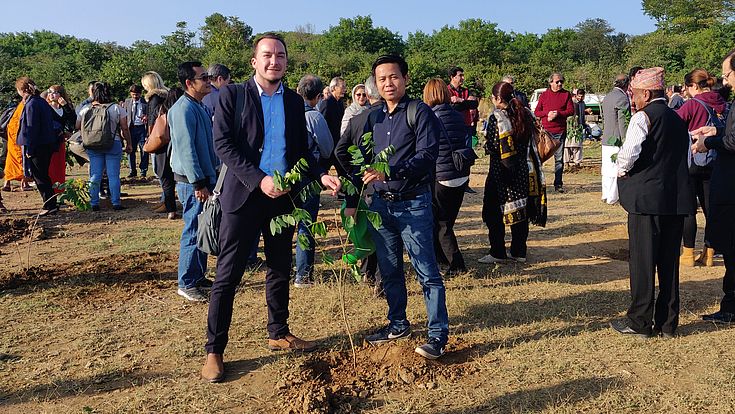
Doug Watkins, Chief of the East Asian – Australasian Flyway Partnership finished the event with his closing remarks. He emphasized that the cooperation of representatives of all countries along the Yellow Sea as well as close exchange and work among international partners is crucial to preserve the biodiversity along the East Asian – Australasian Flyway.
